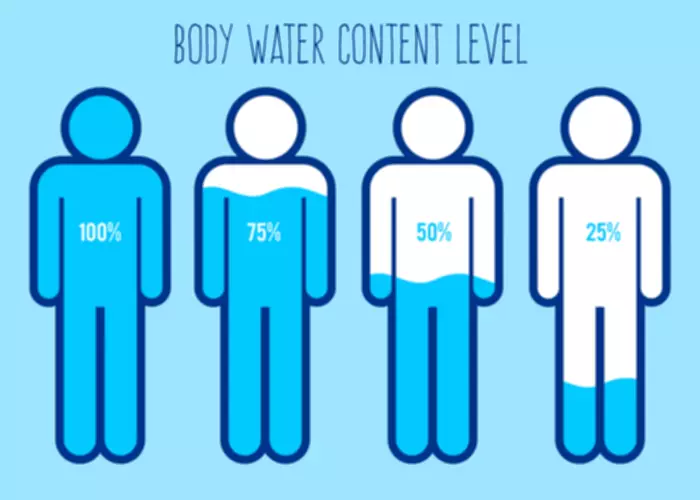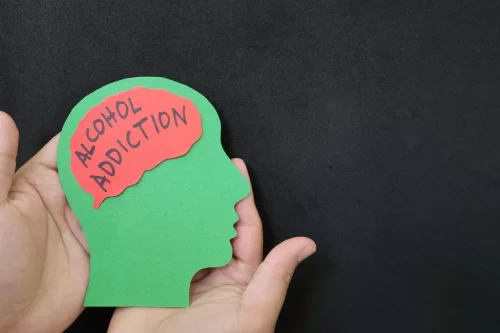
Neuroscience provides sensitive techniques for assessing changes in mental abilities and observing brain structure and function over time. When techniques are combined, it will be possible to identify the pattern, timing, and distribution of the brain regions and behaviors most affected by alcohol use and abuse. Conversely, the hemodynamic methods (fMRI, PET, and SPECT) have good spatial resolution but offer little information about the sequence of events. Such confluence of information can provide evidence linking structural damage, functional alterations, and the specific behavioral and neuropsychological effects of alcoholism. These measures also can determine the degree to which abstinence and treatment result in the reversal of atrophy and dysfunction.
Addiction Treatment
- You may want to avoid or limit alcohol if it allows you to engage in behaviors you would not normally engage in.
- Misuse of alcohol during adolescence can alter brain development, potentially resulting in long-lasting changes in brain structure and function.
- “I’m drinking far more than is good for me and it’s affecting my life,” I cried.
Irrational thoughts that lead to impulsive behavior are replaced by more reasonable ones. This initial phase of sobriety can be invigorating and is often referred to as the “pink cloud”—a period that feels a little like you’ve found a unicorn. Brain fog is a temporary condition that can make it difficult for you to concentrate, recall or retain information, and complete tasks. We exist in a culture where it’s socially acceptable to consume caffeine and alcohol, especially in moderation. Treats like candy and chips can provide an immediate brain boost, but sticking to a balanced diet will help you perform more consistently throughout the day.
Treatment Facilities

Caffeine directly impacts dopamine levels and other neurotransmitters contributing to your overall brain functioning, sleep, appetite, and mood. This is why people living with conditions like ADHD, anxiety, and depression, for example, may find themselves consuming a large amounts of caffeine as they try to cope alcohol brain fog with dopamine and other neurotransmitter differences. This is because alcohol has a dehydrating effect on the brain, which can cause cells to shrink. As the cells shrink, the brain’s ability to process information is impaired. This can lead to difficulty concentrating, memory problems, and other cognitive issues.
All types of alcohol appear to raise blood pressure
This slowdown is a primary contributor to the onset of alcohol-induced brain fog, a condition characterized by mental clarity’s deterioration. Do you ever notice that your ability to think feels sluggish or fuzzy? You might be experiencing what’s commonly known as “brain fog.” While not technically a medical or scientific term, it describes a temporary sensation of reduced mental acuity.
- The alcohol-exposed rats also had more PV+ neurons surrounded by PNNs and a greater number of PNNs, suggesting that alcohol exposure leads to PNN changes within the AIC.
- Keeping your mind engaged may help fend off cognitive fatigue, and this app by The New York Times brings the ideal mix of challenge and brevity with a new puzzle publishing every day — an incentive to come back and play often.
- Customize the number of times you aim to get up throughout the hour and choose the duration so it’s suitable for your schedule.
What the study said
Your habits before you came to the treatment center can also contribute to brain fog. Many people with an alcohol addiction are malnourished, and it is possible that your body does not have the nutrients it needs for proper brain functioning. Your brain fog may also be another side effect of the symptoms that accompany withdrawal.
However, alcohol suppresses glutamate’s effects, leading to even slower brain activity. This decrease in brain activity not only affects us while we’re drinking, but it can result in brain fog the next day. It’s also why we might have difficulty concentrating or recalling certain things. Alcohol brain fog refers to a range of cognitive impairments that occur during alcohol consumption or in the aftermath.
- In this blog post, we will discuss what causes brain fog from alcohol, the symptoms of alcohol fog, and how to remedy the problem.
- Short-term effects of alcohol include diminished memory and slurred speech.
- This cognitive haze is a common challenge in the early stages of recovery.

During acute and protracted withdrawal, a profound negative emotional state evolves, termed hyperkatifeia (hyper-kuh-TEE-fee-uh). These brain changes related to excessive alcohol use underlie many AUD symptoms. Brain fog is that fuzzy, forgetful feeling that can happen for various reasons. Knowing the cause of your symptoms can help determine if you need specific treatment or lifestyle and medication adjustments to help with brain fog. However, there are many ways to manage brain fog, including getting adequate sleep, nutrition, and social time; managing stress; and addressing any underlying contributing factors like ADHD or depression.
Brain fog can be hard to define since it is not a medical term or diagnosis. Making lifestyle changes such as getting enough sleep, eating a balanced diet, and exercising regularly can help reduce the severity of brain fog and speed up recovery time. Brain fog recovery time can be impacted by the severity of alcohol abuse, mental health issues, and lifestyle habits. Taking proper steps to treat these issues can help minimize its duration. There are several keys to unlocking a swift recovery from brain fog.
Abstinence can often reverse the harm that drinking may do to the brain. Seeking treatment and maintaining sobriety is essential to prevent relapse and keep your cognitive function on the rise. The most common symptoms of dementia include memory loss, problems with language, and difficulty with planning and decision-making. This is due to the fact that alcohol addiction can damage the brain over time. There are a number of different supplements that can help improve cognitive function and brain health.
